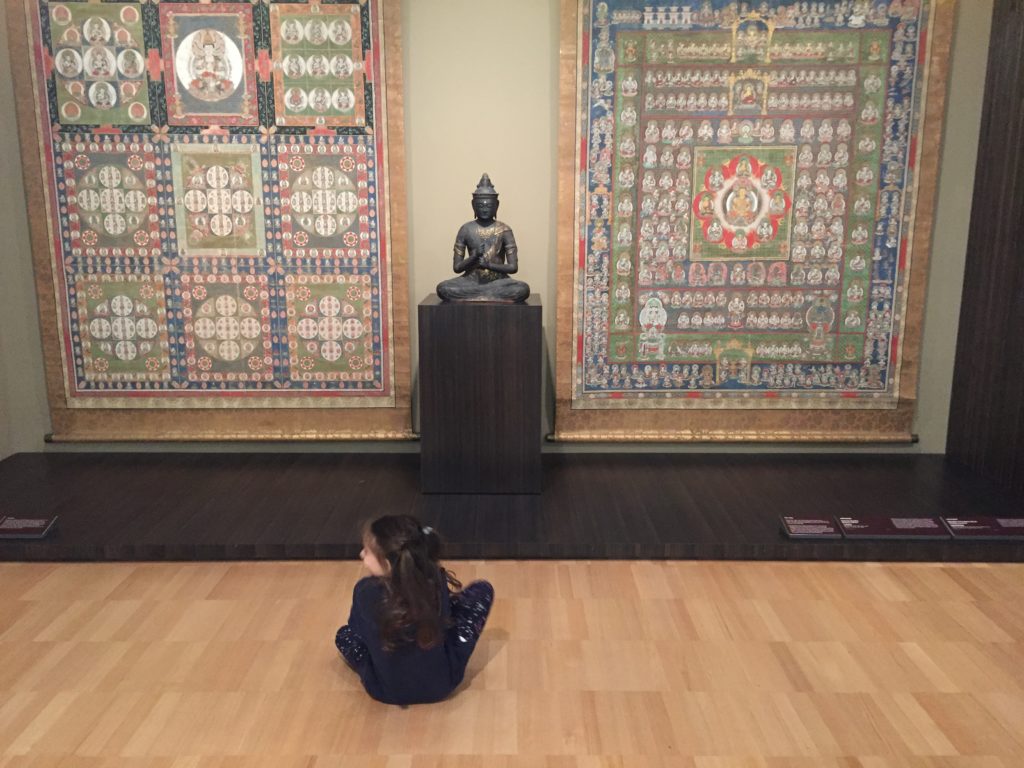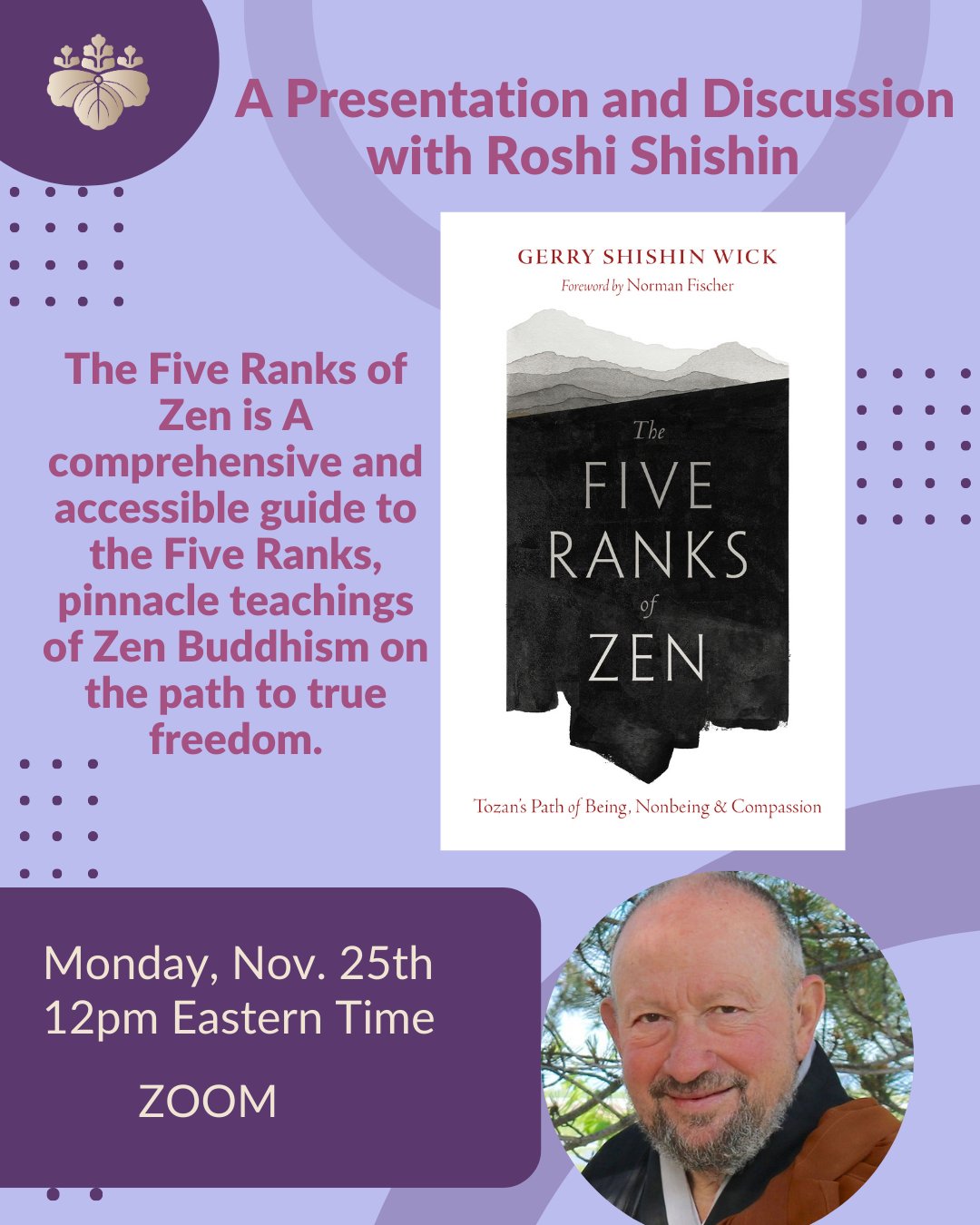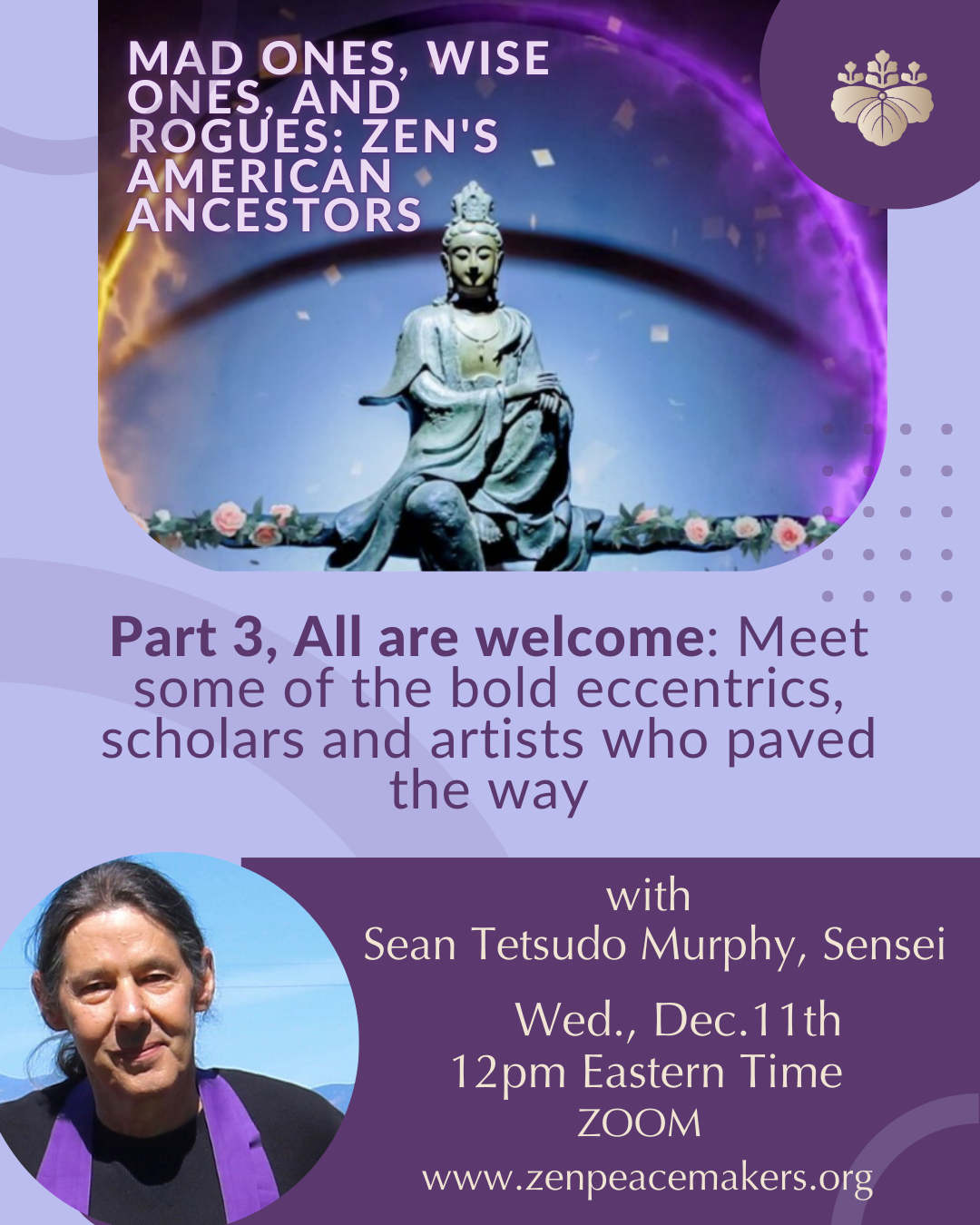by Rev. Domyo Burke
This is an excerpt from the transcription of the podcast under the same title published by the Zen Studies Sangha, a member group of the ZPI affiliated group network. For the complete text of this in-depth essay, please follow this link.
The Zen practice of “not-knowing,” or “don’t-know mind,” is one way of honoring the absolute dimension of our lives – even as we engage in “knowing,” as necessary, in the relative dimension. It involves centering ourselves in the here-and-now, and recognizing that all “knowing” is ultimately an abstraction and not reality itself. However, not-knowing isn’t a cop-out; it’s a tool or medicine we apply when we’re getting attached to our own opinions, caught in judgment or hatred, stressed, or overwhelmed. As long as we don’t simply attach to not-knowing instead of knowing, the practice can actually help us be more responsible, responsive, compassionate, and effective.
….
If you’re unfamiliar with what Zen really means by “not-knowing,” it can sound like we’re recommending you retreat from taking responsibility for creating positive changes in the world, using the excuse, “You can’t know what to do, it’s all too complex and confusing.” Accessing your “don’t-know” mind may sound like settling into complacency. However, in this episode I’ll make the case that learning to apply the practice of “not-knowing” appropriately, and at the right time, can actually help you respond to the world more responsibly, compassionately, and effectively.
…
How? How can this kind of thoughtless, immediate, not-knowing be useful when you’re facing a neo-Nazi? When you need to decide how to resist the environmental destruction and degradation that’s threatening all life on this planet? When you have to find a way to defend democracy, or truth, or compassion? Or when you need to claw your way out of a hole of suffering in your personal life?
…
Your practice of not-knowing happens in this very moment – not in the abstract. As soon as you make not-knowing into a position, it’s not actually “not-knowing” anymore, it’s refusing to know or decide. It becomes a position you hold for your own convenience, comfort, or ego, and lacks compassion.
…
But – what about when you witness something and you know it’s wrong? Is this kind of “knowing” something you should let go of? Let’s say you read about a terrible injustice somewhere in the world – maybe not that far away. People are suffering and dying – and the worst thing is, they’re suffering and dying needlessly, because of exploitation, fear, and greed. (And if you read the papers, of course, this is more or less a daily experience.) When we read about such situations, we have reactions. We know this is wrong. We know this suffering and injustice needs to be addressed.
…
The point is not to be attached to anything – neither knowing, nor not-knowing. When it’s time to have a conversation with someone about what needs to happen, you take your best stab at knowing. When you have to make a decision or take an action, you make your best call, based on your best knowledge. But then, in the next moment, you let it go and take a breath in not-knowing – which completely and utterly changes your relationship to knowing. When you see that your best knowing comes and goes, that your “best calls” sometimes work out and sometimes they don’t, it actually frees you up to get more creative and take more risks with your knowing. There is no one, fixed, absolute truth you’re eventually going to arrive at; instead, it’s a crazy balancing act all along the way.
…
Finally, consider the question: How do we radically redirect the entire human way of life on this planet away from limitless exploitation toward long-term sustainability? Let go of ideas… “I don’t know.” Do you see how this practice of “I don’t know” includes, “I want to help. I love. I ache for suffering beings. I ache for myself. I’ll do my best. How? What?”
…
When we refuse to take a stand because we’re clinging to not-knowing, we’re denying the fact that everyone and everything on the planet is interdependent and connected. We are, in some way, affected by – and responsible for – everything that goes on. A bodhisattva moves toward suffering with her sleeves rolled up, ready to dive in and help. She doesn’t turn away, using the excuse that it’s all just too complicated and messy to deal with. When necessary, he enters the thicket of views and just does his best not to get lost in there.
….
[button url=”https://zenstudiespodcast.com/not-knowing/” target=”_blank” color=”orchid” size=”medium” border=”false” icon=”” btn_content=”READ THE COMPLETE ARTICLE”]
 Rev. Domyo Burk is a Soto Zen priest and the founder and teacher of a Zen community near Portland, Oregon (USA) called Bright Way Zen. She offers her teachings there, and online on this blog, and podcast. Zen Studies Sangha is an online group dedicated to Zen Buddhist Teachings, and an affiliated group within ZPI’s international Affiliates Network.
Rev. Domyo Burk is a Soto Zen priest and the founder and teacher of a Zen community near Portland, Oregon (USA) called Bright Way Zen. She offers her teachings there, and online on this blog, and podcast. Zen Studies Sangha is an online group dedicated to Zen Buddhist Teachings, and an affiliated group within ZPI’s international Affiliates Network.




